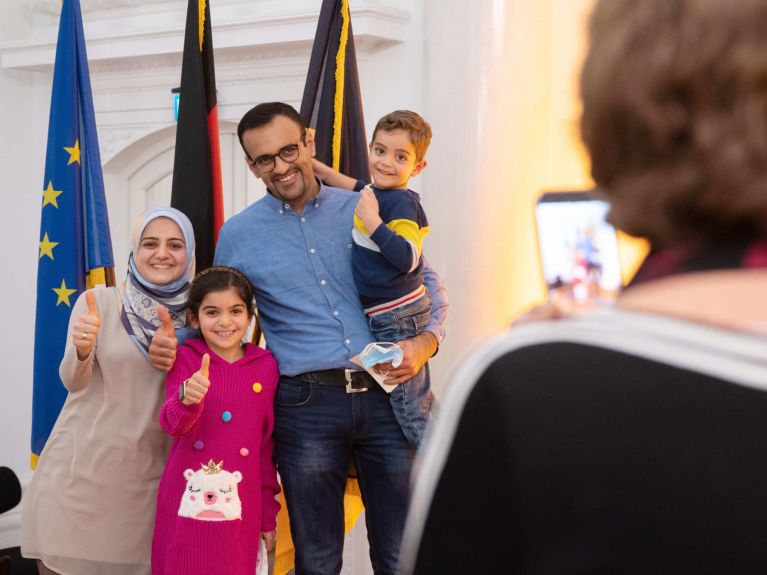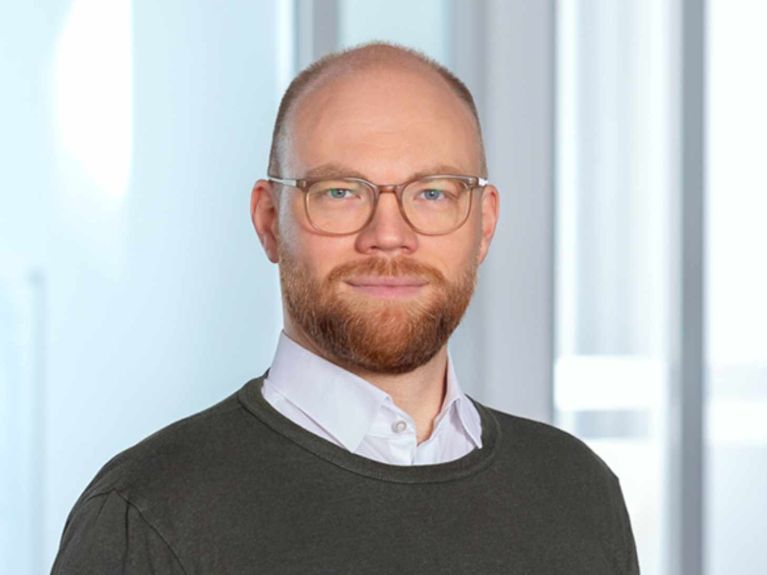“Naturalisation reflects the reality of life”
Research shows that naturalisation fosters integration, says migration expert Niklas Harder.

Mr Harder, around 132,000 people were naturalised in Germany in 2021 – 20 percent more than in the previous year. What is the reason for the increase?
On the one hand, it is still a consequence of Brexit – many Brits who live in Germany wanted citizenship but it took a while for their applications to be processed.On the other hand, some Syrians who came to Germany in 2014 and 2015 are now eligible to apply for citizenship.Generally speaking, the political situation in a person’s country of origin is one key factor in their decision to become naturalised.

Does naturalisation foster integration?
Yes, even if research findings on this matter are not clear. However, studies show that women benefit if they can obtain citizenship more quickly and then increase their income, for example. Irrespective of this, it is important to emphasise that naturalisation reflects the reality of life. When citizens assume responsibility for a state - and one way they do so is by paying taxes - the state should also take responsibility for them sooner or later and offer them secure legal status.
Now there are plans to reform Germany’s citizenship law.What is your view of the plans?
According to the plans, it would already be possible to apply for citizenship eight years in Germany. This sends out an important signal. Furthermore, the reform would put an end to a certain injustice: As things currently stand, a person is normally supposed to give up their previous citizenship when naturalised. In reality, however, there were many exceptions, for example because some authoritarian states do not even allow their citizenship to be relinquished. The reform will now enable dual citizenship to be accepted as a matter of principle - which would also be a welcome step in the sense of equal treatment.
_________________
Dr. Niklar Harder is co-head of the Integration Department at the German Centre for Integration and Migration Research (DeZIM).
